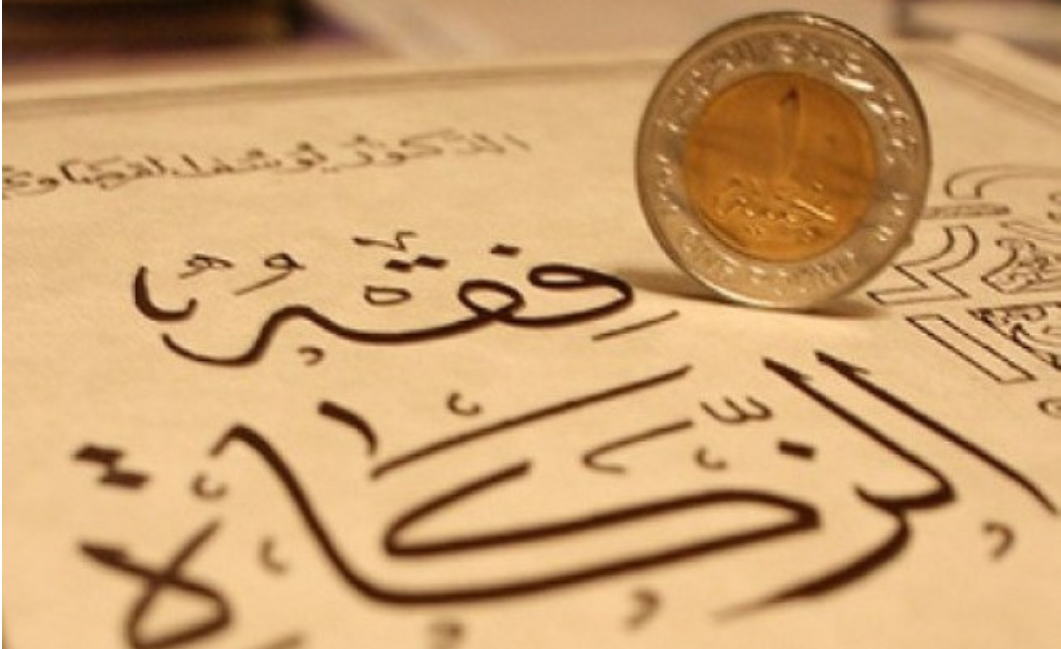Why is your zakat (religious tax) different from the shar-i zakat (religious tax according to shariat)? Why is it not distributed among the poor and needy directly?
- I have argued at the beginning in last post (Why do women sometimes lead the prayers in Jamat Khanah, while there is no such precedent in the Shariat (revealed law)? That there is a difference between shariat, tariqat, haqiqat and marifat, but that their supreme goal (maqsad-I ala) is the same. Thus if a sensible person will observe for a while he will come to know clearly that the spirit and the ultimate purpose of zakat which should be accomplished in Islam, has continued to exist perfectly in Ismailis.
- I have said that accordingly to our faith (i.e. Ismailism) the way of zakat is exactly in accordance with the requisite of the Islamic spirit and its ultimate purpose, and none benefit elsewhere as much as the poor and needy and helpless benefit here. The Imam from one aspect takes zakat and from another aspect he does not take zakat. Thus the greatest merit of the zakat system of the Ismailis is that it changes according to the changing circumstances of time; that is to say that the system adjusts itself according to the requirements of the time. The best way of providing for the needy the benefit of zakat is to make an attempt to eradicate the curse of ignorance and poverty entirely and enrich them with the wealth of knowledge and skill forever instead of giving them one meal or giving them a pair of clothes or distributing among them some cash or kind. To achieve this goal the establishment of various institutions of education, health, etc., is a must, and in order to actualize this goal zakat is collected under the supervision and guidance of the Imam of the age. In this sense I have said that on one aspect that Imam takes zakat while on the other he does not. That is to say that the Imam takes zakat from the jamaat only in the sense that he supervises the above-mentioned system, gives blessings, and approves and gives guidance regarding the expense in establishing and running the community institutions.
- The philosophy of unanimity, harmony and unity is such that the strength of zakat should be guarded from being scattered. It should be collected in one place and should be used according to the guidance of the true Guide.
In earlier times those virtuous deeds which were preferred were necessary according to that time; for instance, to purchase male and female slaves and set them free, to feed and clothe orphans, the poor, and the needy. Now the greatest reward lies in enrichening the needy with the eternal wealth of knowledge and skill and establishing institutions of religious and worldly prosperity and welfare so that it will increase the progress and prosperity of the country and the nation and strengthen and help the universal spirit of Islam. The Imam employs zakat according to this object of Islam.
Book Reference : Eight Question Answered Book

